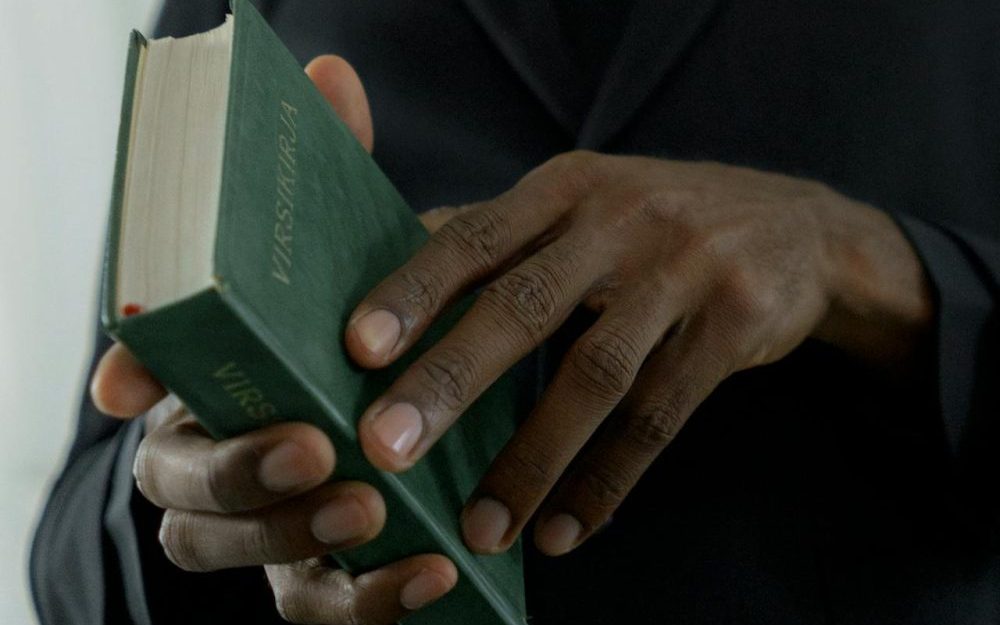Embracing Identity: The Intersection of Being Black and Catholic
The Essence of Black Catholic Identity
What does it mean to be Black and Catholic? This profound question invites reflection on individuals’ spiritual and cultural experiences within a framework that may often feel at odds. As Sister Thea Bowman articulated in her groundbreaking speech to the United States Conference of Catholic Bishops in 1989, being Black and Catholic means bringing forth one’s entire self — one’s history, traditions, and lived experiences — to enrich the Church community. Sister Thea emphasized that her Black identity is not a hindrance but rather a vital contribution to the Church’s diverse tapestry.
The Historical Context
Bowman’s powerful declaration resonates within a rich historical context. W.E.B. Du Bois, a pioneering African American intellectual, presented the concept of “the gift” in his works, notably in The Gift of Black Folk. More than sixty years prior to Bowman’s speech, Du Bois recognized the profound influence of Black religion on American society and its intrinsic ties to Catholicism. He pointed out that Black priests and monastic orders existed as early as the 16th century in Spanish America, emphasizing the longstanding relationship between the Black experience and the Catholic faith.
Black Spirituality and Activism
Prominent figures in Black Catholic history, such as Sister Mary Antona Ebo, F.S.M., have embodied the intersection of faith and social justice. Ebo, a participant in the Selma to Montgomery voting rights marches in 1965, stood in solidarity with those fighting for civil rights. Recognized as “one of the great moral forces of the world,” her commitment demonstrated that the call for justice and equality is part of the Catholic mission. For over half a century, she bore witness to the struggles of both the Black community and the Church.
Scholarship and Narrative Reconstruction
In the field of scholarship, figures like Father Cyprian Davis, O.S.B., have made significant contributions. Davis wrote The History of Black Catholics in the United States, the first comprehensive assessment of Black Catholics’ historical involvement within the Church. His tireless work as a historian has been essential in shifting narratives, ensuring that the contributions of Black Catholics are recognized and celebrated rather than overlooked.
The Power of Music and Liturgy
Father Clarence Rufus Joseph Rivers, Jr. is another influential figure who worked to infuse African American music and spirituality into Catholic worship. As the first African American ordained in the Archdiocese of Cincinnati, Rivers dedicated his ministry to elevating the role of Black song in the liturgy, emphasizing that worship should reflect the diverse cultural heritages of the faithful.
Contemplative Life and Tradition
Mother Mary Wilhelmina of the Most Holy Rosary, known for her dedication to traditional monastic life, further illustrates the multifaceted nature of Black Catholic identity. Her journey, which began with the Oblate Sisters of Providence, exemplifies a deep commitment to prayer and tradition within the context of her racial identity. Her recent exhumation revealed her incorrupt body, igniting discussions about potential sainthood, which reflects the rich tapestry of Black tradition in Church history.
Reflections on Justice and Identity
Father Joseph Brown, a Jesuit priest, brings a contemporary lens to Black Catholic identity, focusing on the African diaspora’s contributions to Catholicism. His advocacy for a more inclusive understanding challenges the Church to embrace a broader definition of spirituality, one that recognizes the complexities of race and faith. Through his writings, Brown encourages deep reflection on the power dynamics within religious spaces, emphasizing that the narratives we construct can either uplift or marginalize.
Continued Legacy and Challenge
As we observe Black Catholic History Month, awareness of the rich legacy and ongoing struggles faced by Black Catholics becomes ever more critical. Historians Stephen Ochs and Shannen Dee Williams serve as reminders that recognition of the contributions of Black priests, nuns, and laity is essential for addressing historical injustices within the Church. This acknowledgment also helps to foster an atmosphere conducive to healing and inclusion.
Living into the Gifts of Diversity
The teachings of Sister Thea Bowman resonate loudly today. She championed the idea that Black spiritual and intellectual traditions are integral to the Church’s evolution and understanding. Challenging the historic view of Black communities merely as sites of conversion, Bowman proclaimed that their experiences and insights are gifts that enrich the Catholic Church.
In essence, the intersection of being Black and Catholic calls for recognition of the beauty that lies in diversity. It is a journey of faith that continually challenges and redefines what it means to belong to the Church, urging all to embrace a fuller understanding of identity in faith.



